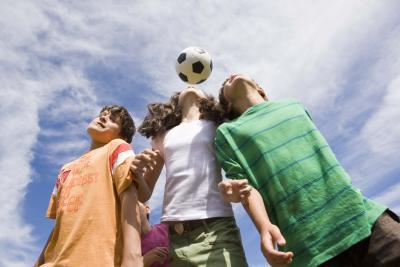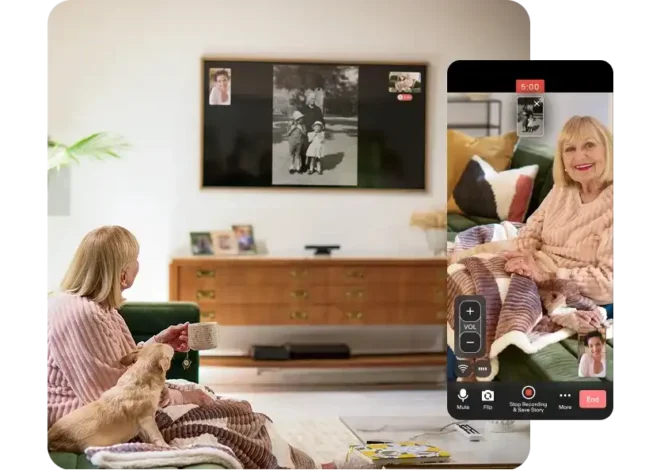Teaching and parenting kids with autism requires identifying their specific developmental challenges and educational needs. Fortunately, you have many options for supporting autistic children through learning toys. Pay less attention to age limits and recommended methods of play, unless safety restrictions such as choking hazards are an issue, and more attention to the ways an autistic child can manipulate the toy or play a game to address specific skill sets.
Sports Equipment
While competitive games and organized sports may prove less accommodating for a child with autism, various types of sports equipment can help an autistic child improve gross motor skills. Balls, particularly those of differing textures, offer young children a tactile experience and encourage both individual and group play. For older children, tricycles, bicycles, swings, slides and structures for climbing provide individual challenges. Large-scale items, such as trampolines and swimming pools, can be therapeutic and fun for children with autism.
Arts and Crafts Supplies
Children with communication disorders can use arts and crafts as a means of self-expression and emotional release. Focus on art supplies that emphasize process over product, such as clay for modeling, finger paints, face paint, large sheets of paper, collage elements and glue stick or paste. Educators and parents can also help children make their own crafty recipes, such as flubber from cornstarch and water, dough, soap bubbles, a vinegar and baking soda volcano, and slimy concoctions. Open-ended craft projects might include painting a wooden treasure box, gluing pictures in a blank scrapbook, decorating thick paper to create greeting cards or stamping images on tissue paper for wrapping paper.
Social Toys
Some toys and games do more than divert and challenge autistic children. They can also create community and support the learning of necessary social skills. A large, simple floor puzzle stimulates a child and encourage others to join in the fun. Basic board games, either competitive ones or those that foster cooperative spirit, help autistic children learn to take turns, show patience and exhibit good sportsmanship. Other social learning toys include card games, building blocks, puppets and role-playing toys, such as clubhouses, dress-up clothing, pretend tools and play kitchens.





